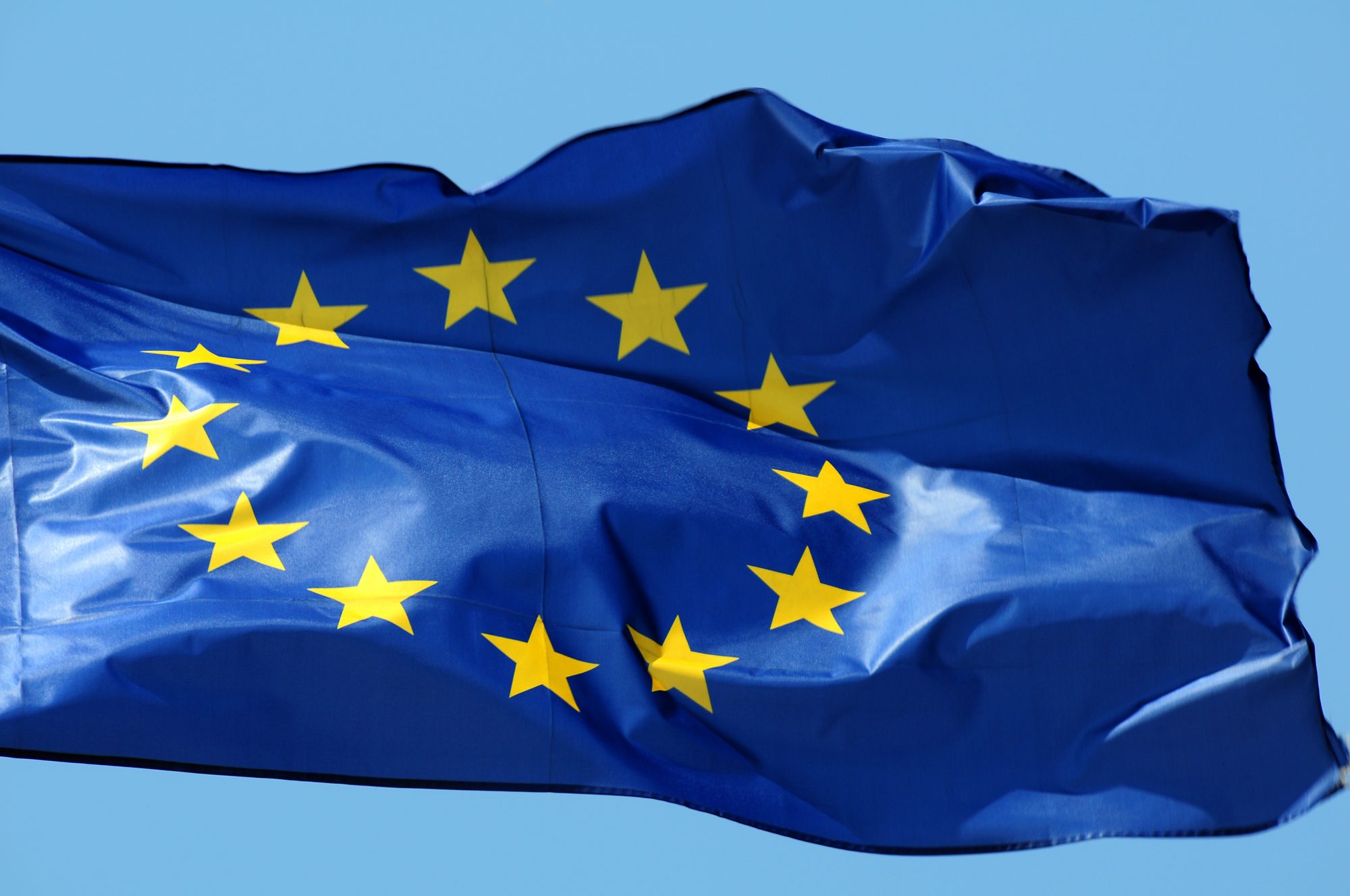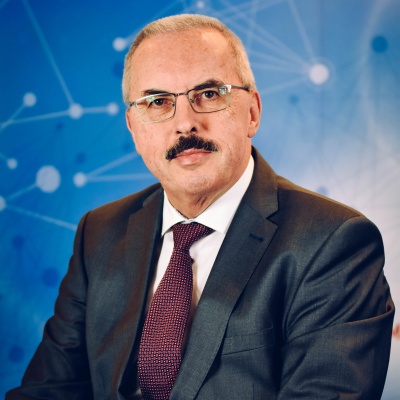
A gateway to transport and energy research: The Innovation and Networks Executive Agency
by Steph HazlegreavesDirk Beckers, Director of the Innovation and Networks Executive Agency, charts the important work of the organisation in supporting transport and energy research plus the ambitious Horizon Europe research and innovation framework programme (2021-2027)
The Innovation and Networks Executive Agency (INEA) has been in existence for seven years, having taken over in 2014 from the TEN-T Executive Agency, which I also headed up since its inception in 2008. With more than 300 staff, INEA manages a budget of €33.6 billion, implementing parts of the Connecting Europe Facility (CEF) and Horizon 2020 (H2020) European Union (EU) programmes.
INEA has maintained an excellent track record delivering tangible results, while assuring the sound financial management of the delegated EU budget. This includes measuring the performance and impact of the projects, encouraging synergies, as well as finding ways to increase visibility of the programmes.
The challenges faced are linked to the implementation of the programmes. While the European Commission defines the policy, strategy, objectives and priorities, INEA is responsible for managing the projects throughout the entire grant management cycle. Our purpose is two-fold: making sure that the EU budget is well-spent and supporting our beneficiaries so that the projects can bring added value.
Supporting European research in energy and transport
Horizon 2020 is the EU’s €80 billion research and innovation programme for 2014-2020 that has been supporting world-class science and technology as a driver of economic growth and job creation.
Research and innovation continue to play an increasingly key role in meeting today’s challenges of fostering continuous economic growth, ensuring prosperity for all, and delivering on the promise of reaching a carbon-neutral economy. The H2020 programme was devised to reach these goals by boosting the EU’s impact on research and is divided into three priorities dedicated to generating ‘Excellent science’, creating ‘Industrial leadership’ and tackling ‘Societal challenges’.
Within this framework, INEA is currently responsible for managing parts of both transport and energy research. The Agency manages projects throughout their lifecycle in the thematic areas of Secure, Clean and Efficient Energy, and Smart, Green and Integrated transport. Around €5.3 billion of EU funding has been available to support projects in these fields from 2014 to 2020, of which €3 billion has been earmarked for funding research initiatives in the field of energy and €2.3 billion for transport.
The H2020 Smart, Green and integrated transport challenge is designed to boost the competitiveness of the European transport industry and achieve a European transport system that is resource-efficient, climate and environmentally-friendly, as well as safe and seamless for the benefit of all citizens, the economy and society. The Secure, Clean and Efficient energy challenge, on the other hand, aims at supporting the transition to a reliable, sustainable and competitive energy system by overcoming a number of Europe’s challenges, such as increasingly scarce resources, growing energy needs and climate change.
In essence, INEA’s research and innovation projects aim to develop and bring closer to the market new technologies, products, processes and services that could mitigate climate change and boost Europe’s energy and transport sectors while creating new jobs and making the European economy more competitive. The job of the market rollout is then left to the second programme managed by INEA, the Connecting Europe Facility (CEF), which supports larger-budget projects that install transport, energy and digital infrastructure such as railways, gas pipelines and IT platforms.
One of the biggest challenges is how to effectively promote synergies between all of the above-mentioned sectors and between programmes (CEF and H2020), mainly through the increased leveraging of EU funding and promotion and boosting of research and innovation results.
We have been raising awareness of each programme and its respective calls for proposals among the different stakeholders. In addition, the Agency is fostering synergies between the three sectors of the CEF programme by promoting transport, energy and digital connectivity.
The projects: European excellence at work
From 2014 to 2020, INEA will have already overseen over 11,000 projects, including some 800 Horizon 2020 ground-breaking projects, from the world’s first mid-size 100% electric ferry expected to bring up to 50% in energy savings with a cut of 2,000 tonnes of CO2 per year, to bringing floating tidal energy to the market and thus providing low-cost, high-value energy to the European grid mix.
In disruptive situations such as the current COVID-19 outbreak, the research and innovation projects implemented by INEA are crucially helping build our resilience and preparedness in the medium term by minimising the negative socio-economic consequences in the aftermath. For example, the HiReach project is looking into new tools and business models for public transport in order to improve accessibility, inclusive mobility and equity. The TRIPS project is researching an inclusive digitally interconnected transport system that meets citizens’ needs, with an emphasis on engaging people with disabilities in the design of digital mobility solutions.
Open science is one of the three main goals for EU Research and Innovation policy. H2020 is thus at the forefront of encouraging open access to research results and data. Any peer-reviewed publication emanating from H2020 funded projects research has to be made publicly available for download free of charge. We have been active in ensuring that projects understand the concept of open access and comply with these obligations, for example, by using open publication platforms. Moreover, the projects also have to provide access to the data used to generate the results, whenever possible, or justify why no access may be granted (e.g. commercial confidentiality).
The future Horizon Europe programme
With the H2020 funding programme ending and with Europe hoping to become a climate-neutral continent by 2050, new solutions to challenges such as those generated by the COVID-19 global epidemic will need to be found.
Horizon Europe, the ambitious €100 billion research and innovation framework programme (2021-2027) which will succeed Horizon 2020, aims to tackle climate change, support sustainable economic growth and the competitiveness of businesses and industries, and provide better public services for all Europeans. I am sure that INEA will play a key part in this next chapter of EU-supported research.
Contributor Profile

Dirk Beckers
Director
Innovation and Networks Executive Agency (INEA)
Website: Visit Website
Twitter: Follow on Twitter